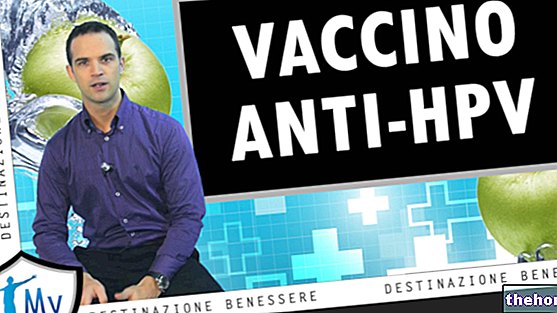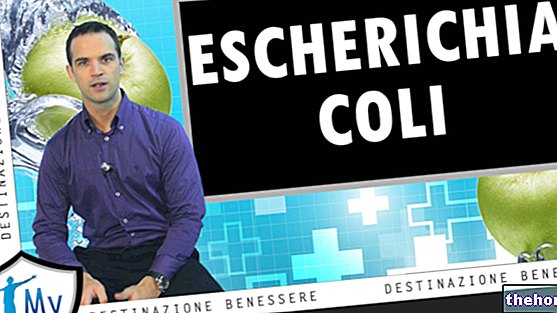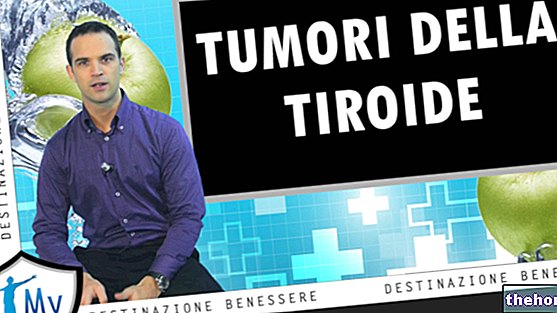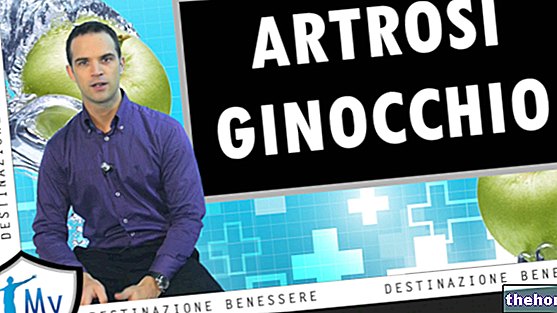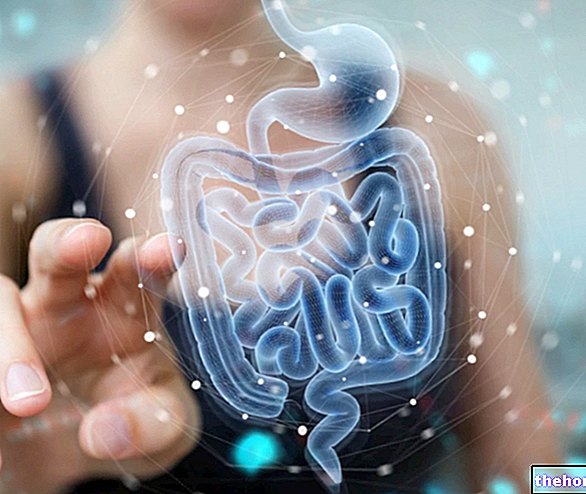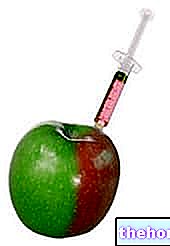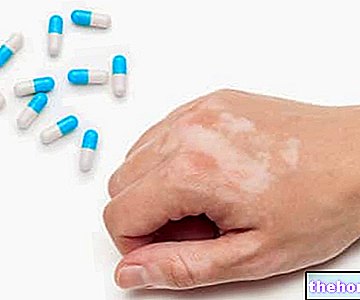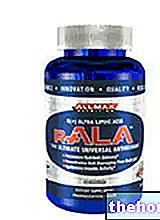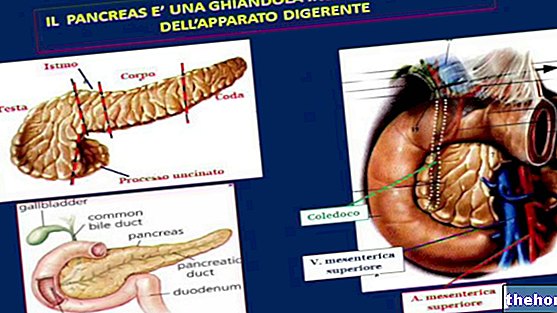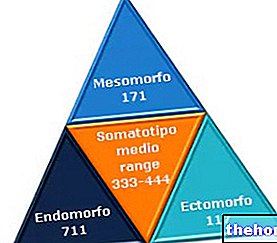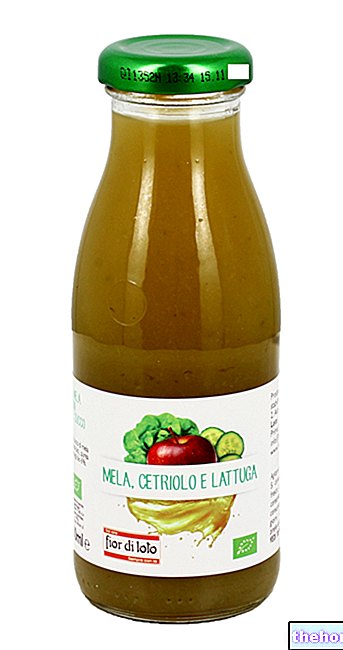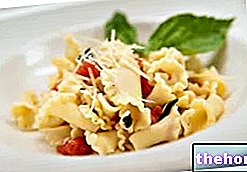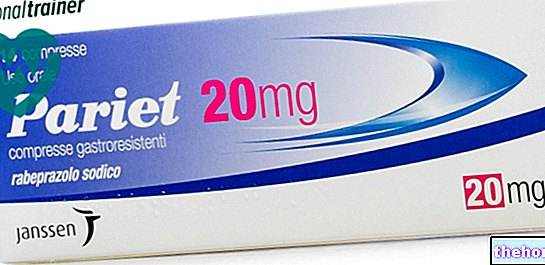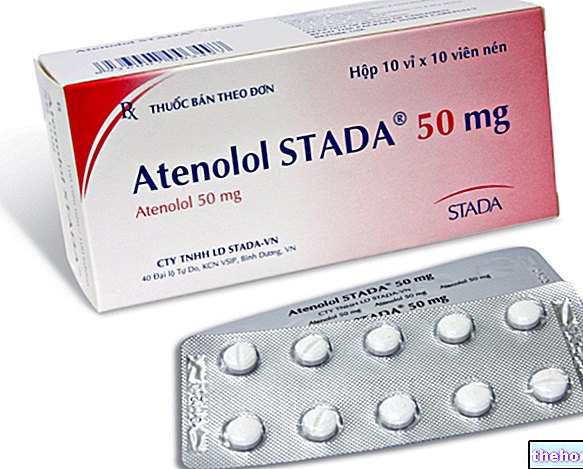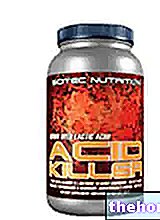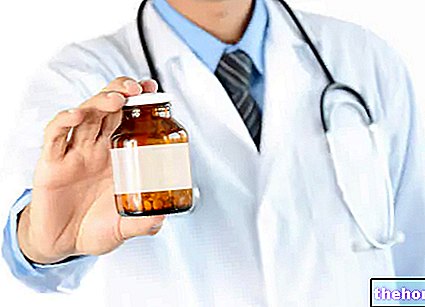Today we are talking about a very common problem, often misunderstood, characterized by heartburn, painful pangs in the upper abdomen, digestive difficulties and nausea. If you haven't figured it out yet, let's talk about gastritis. Let's see together what it is.
Gastritis is an inflammation of the stomach. Specifically, this inflammation affects the innermost lining of the stomach, called the gastric mucosa. There are many causes of gastritis, but first of all, a distinction must be made between acute and chronic forms. Acute gastritis occurs suddenly, with quite intense symptoms. It is generally transient in nature, which means it regresses within a short time. On the contrary, chronic gastritis manifests itself with milder disorders, but which persist over time and struggle to disappear. Acute gastritis very often has a dietary origin; for example, it can be triggered by a too large meal or by the ingestion of excessive amounts of alcohol or other stomach irritants. The chronic form, on the other hand, often has an infectious nature; in many cases it is in fact linked to infections sustained by the now famous Helicobacter pylori, a bacterium that finds its ideal habitat in the gastric mucosa. Once the cause of gastritis has been identified, appropriate treatment can be set up. This is intended to relieve symptoms, eliminate the triggering cause and prevent the onset of any complications. The treatment of gastritis is therefore based on the use of drugs that reduce gastric acidity and protect the mucous membrane of the stomach. This must be accompanied by an antibiotic treatment in cases dependent on the infection Helicobacter pylori
Now let's see what factors can cause irritation and inflammation of the stomach walls. First of all, gastritis can result from the prolonged use of particular drugs, which have an irritating action on the gastric mucosa. The best known example is that of anti-inflammatories such as aspirin, ibuprofen or cortisone derivatives. We then saw that among the infectious causes, the most frequent is infection with Helicobacter pylori. The acidic environment of the stomach is in fact particularly hostile to bacteria, therefore pathogens other than the "Helicobacter they are involved only in special cases, for example when stomach acid secretion is reduced. Traumatic events, for example due to burns, surgery or ionizing radiation, can also cause gastritis. Less frequently, gastritis can be triggered by an abnormal immune reaction, in which antibodies attack stomach cells. In this case, we speak of autoimmune gastritis, present above all in subjects suffering from other autoimmune diseases, such as, for example, Hashimoto's thyroiditis or type 1 diabetes. Finally, other predisposing factors for the development of gastritis are bad habits food, stress, excessive alcohol intake, smoking, and bile or pancreatic enzyme reflux.
We have said that gastritis is an inflammatory process of the stomach, which can have an acute or chronic course. With this slide we try to understand how these two forms are distinguished on the basis of symptoms. The good news is that acute gastritis is transient; in fact, once the triggering cause has been eliminated, it is resolved in a very short time. The bad news is that it arises suddenly and quite violently; in particular, it can be accompanied by bleeding and, in some cases, by erosive lesions at the level of the superficial gastric mucosa. The most common symptoms of acute gastritis are represented by discomfort, pain or cramps in the upper abdomen, accompanied by the need for frequent belching. Stomach pain is often described as a burning sensation. Nausea can also occur, sometimes associated with vomiting. All of these symptoms generally worsen 1 to 5 hours after meals and can be mitigated by taking antacid drugs or by ingesting other food. In some cases, abdominal bloating, episodes of diarrhea, fever, and generalized malaise may also occur. Let's see now what symptoms characterize chronic gastritis. Compared to the acute form, chronic gastritis has less intense symptoms, but which persist for a long time. Often the person simply suffers from frequent and fairly mild digestive disorders. Usually, chronic gastritis does not heal spontaneously and if neglected for too long it can cause profound erosions of the gastric mucosa. If these erosions, called gastric ulcers, extend deep into the stomach wall, they can bleed; the subject, as a result, may notice traces of blood in the stool or vomit, blood that having been digested will appear dark in color, therefore blackish. Another possible complication of untreated chronic gastritis consists in the progressive destruction of the glands of the stomach, with atrophy of the mucosa. In some cases, this modification induces the appearance of a dangerous complication called intestinal metaplasia; it is a precancerous lesion in which the normal stomach cells are replaced with other cells more similar to those of the intestine.
Gastritis is today basically diagnosed through an examination called gastroscopy. It is an endoscopic examination, which then explores the stomach "from the inside". To do this, gastroscopy uses a flexible probe, equipped with a light source and a camera at the end. This special tube is introduced into the mouth and made to go down the digestive tract through the throat and esophagus. Gastroscopy thus allows to appreciate the state of the internal surface of the stomach, to identify inflammation and to discover any complications, such as bleeding and ulcers. If the doctor identifies something abnormal during gastroscopy, he can also remove a small piece of tissue for analysis in the laboratory. This operation, called gastric biopsy, allows us to ascertain the causes of the disorder and the benign, malignant or precancerous nature of any suspicious injuries.
Now let's see how "gastritis can be treated. If it is the acute form, you can rest easy. In fact, usually, once the cause that induced it is eliminated, acute gastritis regresses spontaneously. Generally, it is therefore it is sufficient to correct eating habits and lifestyle. In particular, meals that are too abundant and difficult to digest, such as fries and dips, but also irritating foods such as spicy ones, coffee and chocolate, carbonated drinks and Alcohol abuse. Smoking and chronic NSAID intake should also be avoided. In addition to these measures, the healing of gastritis can be accelerated by resorting to specific drugs. The most useful medicines are those that protect the mucous membrane of the stomach and neutralize or in any case they reduce gastric acid secretion. Therefore antacids, H2 antagonists, prokinetics or the very powerful inhibitors of the proton pump, such as omeprazole, can be used. If an infection with Helicobacter pylori, usually the proton pump inhibitor drug is combined with one or two antibiotics.

